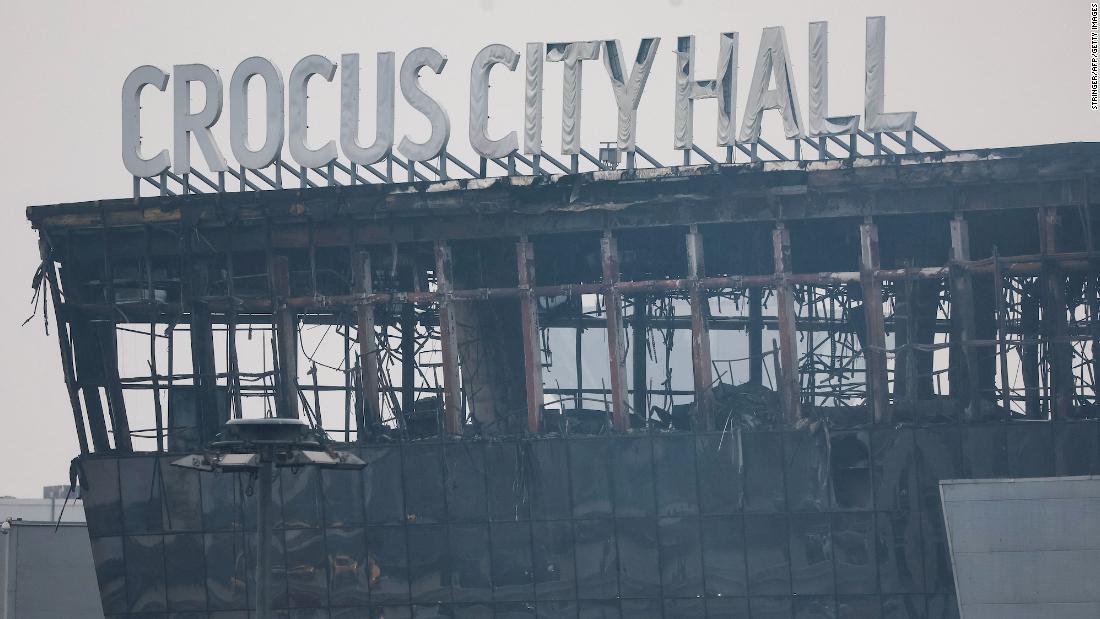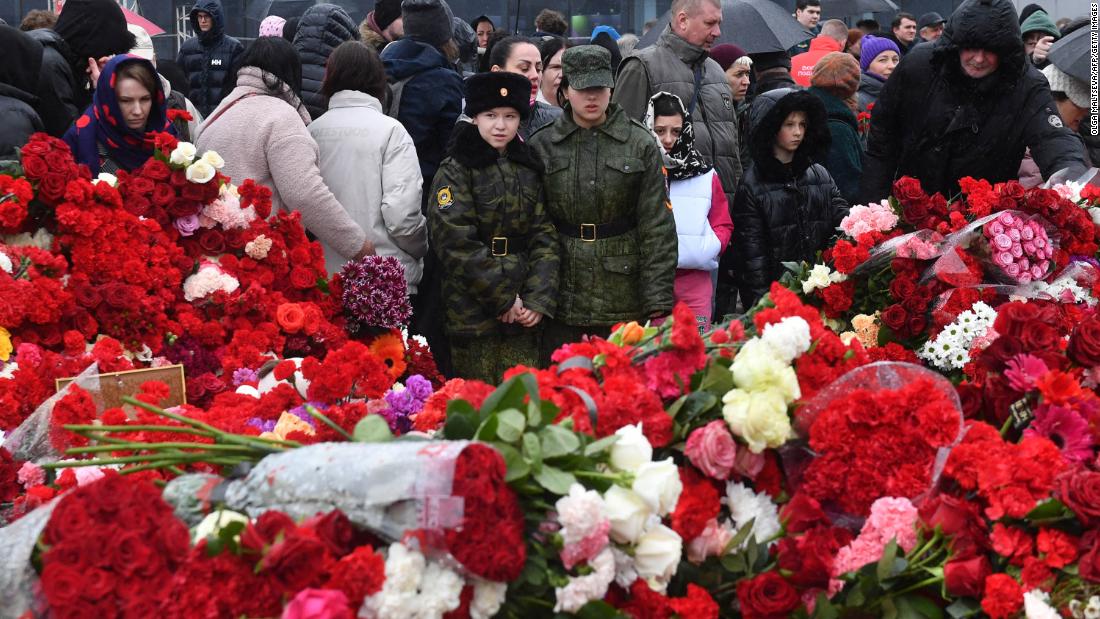Media|Nicholas Daniloff, 89, Dies; Reporter’s Arrest in Moscow Ignited a Firestorm
https://www.nytimes.com/2024/10/18/business/media/nicholas-daniloff-dead.html
You have a preview view of this article while we are checking your access. When we have confirmed access, the full article content will load.
A veteran foreign correspondent during the Cold War, he was held on trumped-up espionage charges. He credited President Ronald Reagan with fighting for his release.

Oct. 18, 2024, 6:43 p.m. ET
Nicholas Daniloff, an American news correspondent whose 1986 arrest in Moscow on trumped-up espionage charges ignited a political firestorm in the United States and an international crisis in the latter stages of the Cold War, died on Thursday at an assisted living facility in Cambridge, Mass. He was 89.
His daughter, Miranda Daniloff Mancusi, confirmed the death.
With intrigues fit for a John le Carré spy novel, the contretemps in Moscow landed Mr. Daniloff in a notorious prison there, set up his exchange for a K.G.B. agent snared in New York City, led to the expulsion of scores of Soviet and American diplomats and suspected spies, and nearly wrecked a summit meeting between President Ronald Reagan and the Soviet leader Mikhail S. Gorbachev.
Mr. Daniloff, who later became a university professor and director of a journalism school in Boston, wrote several books on Soviet and Russian life, including one that twinned his own ordeal and that of a forebear who was arrested and exiled to Siberia for joining the failed plot of the so-called Decembrists to overthrow Czar Nicholas I of Russia in 1825 — a deed revered and romanticized in Soviet histories.
Mr. Daniloff was a veteran correspondent whose knowledge of Russian language and culture led to assignments in Moscow with United Press International in the 1960s and with U.S. News & World Report in the 1980s. He was five days short of completing that five-and-a-half-year second tour when the K.G.B. trap — a betrayal by an old friend — was sprung.
After taking a call at his Moscow apartment on Aug. 30, 1986, Mr. Daniloff met a trusted Russian friend and news contact, Misha, in a park for a farewell exchange. He gave Misha several Stephen King novels, and Misha gave him a sealed packet that supposedly contained news clippings from a Soviet republic and some photographs that he said might be useful.
After they parted, a van pulled up alongside Mr. Daniloff. Several men leapt out, handcuffed him, dragged him into the vehicle and took him to the infamous K.G.B. torture center, Lefortovo Prison. Misha’s packet turned out to contain photographs and maps of military installations, all marked “secret.” The fix was in — a heavy-handed throwback to Stalinist tactics.

 By The New York Times (Europe) | Created at 2024-10-18 22:58:10 | Updated at 2024-10-19 02:26:30
3 hours ago
By The New York Times (Europe) | Created at 2024-10-18 22:58:10 | Updated at 2024-10-19 02:26:30
3 hours ago




